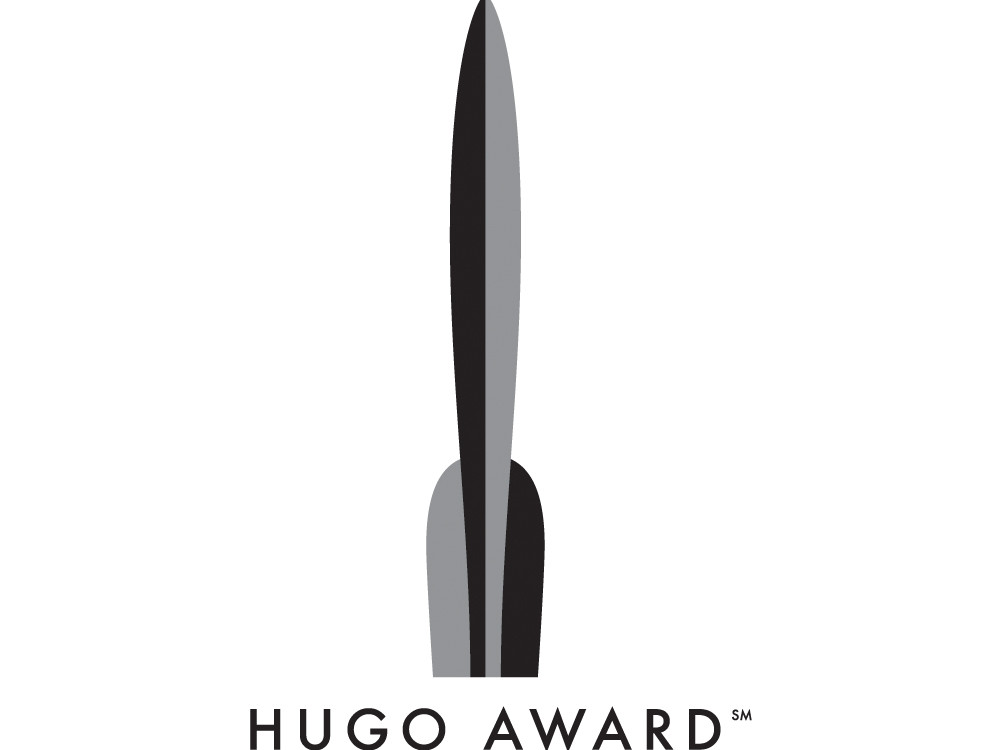I've previously weighed in on reforming the Hugo award categories, on the following grounds:
- Awards, whenever possible, should be given to works and collections of works rather than individuals.
- Criteria for inclusion in any given category should be clear, intuitive and reflect practical understandings of how the field is structured, rather than be path dependent to existing conventions.
- Following up on that, reform proposals shouldn't just add categories, but also subtract those that no longer reflect how the field is structured.
For the most part, I stick to the recommendations made in 2015. That said, it's clear that this kind of comprehensive overhaul is unlikely to ever happen. As such, I have a few actionable proposals that could possibly happen:
1. Unburden Readers in the Fiction Categories
Last time around, I suggested adding a category for Best Anthology/Collection and getting rid of Best Novelette. I suggested this because anthologies and collections play an important role in the field, while very few non-professionals think in terms of novel/novella/novelette/story (and instead think in terms of novel/novella/story).
I still think this is a very sensible change. However, I understand that there are many people--professionals, mostly, but also hardcore readers of short fiction--for whom axing novelette would be a bridge too far. Thus I'd suggest the following as a sensible and practical half-measure:
Require all periodicals and anthologies to publish word counts as a prerequisite for consideration.
While this does not address the issue of mismatch between existing categories and prevalent conceptions of the structure of the field, it does at least make life easier for voters and vote tally-ers alike, while potentially rendering the nonintuitive, intuitive.
2. Add a Category for Original Anthologies/Collections
Putting together a cohesive, high quality anthology or collection of stories is a skill that, frankly, the Hugos should recognize. I'd suggest limiting the award to original anthologies and collections, rather than anthologies and collections of previously published works.
3. Replace Best Semiprozine with Categories that Better Reflect the Field
Outside WorldCon insiders and hardcore Hugo-obsessives, does anyone know what a "semiprozine" is? Do they care? The answers to these questions, unsurprisingly, are "no and no."
But the category's problems don't end there. I's ridiculous to ask voters (and vote tally-ers) to distinguish who is in or out of that category based on the amorphous criteria of "being professional" and how editorial staff are paid. And it's strange--to say the least--that the field's leading periodicals aren't up for an award of their own. So let's all get rid of this nonsensical award category and replace it with something more sensible and interesting.
Here I'm narrowing the suggestions in 2.0:
Get rid of Best Semiprozine, and replace it with:
- Best Fiction Periodical (SFWA Qualifying Professional)
- Best Fiction Periodical (Non-SFWA Qualifying Professional)
In this scheme, popular online magazines like Lightspeed or Strange Horizons would compete with their print magazine peers, like F&SF and Asimov's. This makes a lot more sense to me than the way things look right now.
4. Ditch the Editor Awards
If we are granting an award to anthologists and expanding the fiction periodical categories from one to two, then really there's no reason to give out an award to short-form editors. As I've argued before, awards work better when they are given out for works or collections of work rather than people, as people awards almost inevitably become "lifetime achievement" awards rather than "stuff done in previous calendar year" awards.
And while we are at it, let's get rid of Best Editor - Long Form, since very few people know who edits what, and publishing companies are often not forthcoming with that information. Besides, aren't the editors already awarded via Best Novel?
***
That's it for now. Or, at least, that's all I'm going to stress for now. Hopefully one or more of these merits consideration at the business meeting. -G
